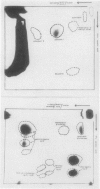Full text
PDF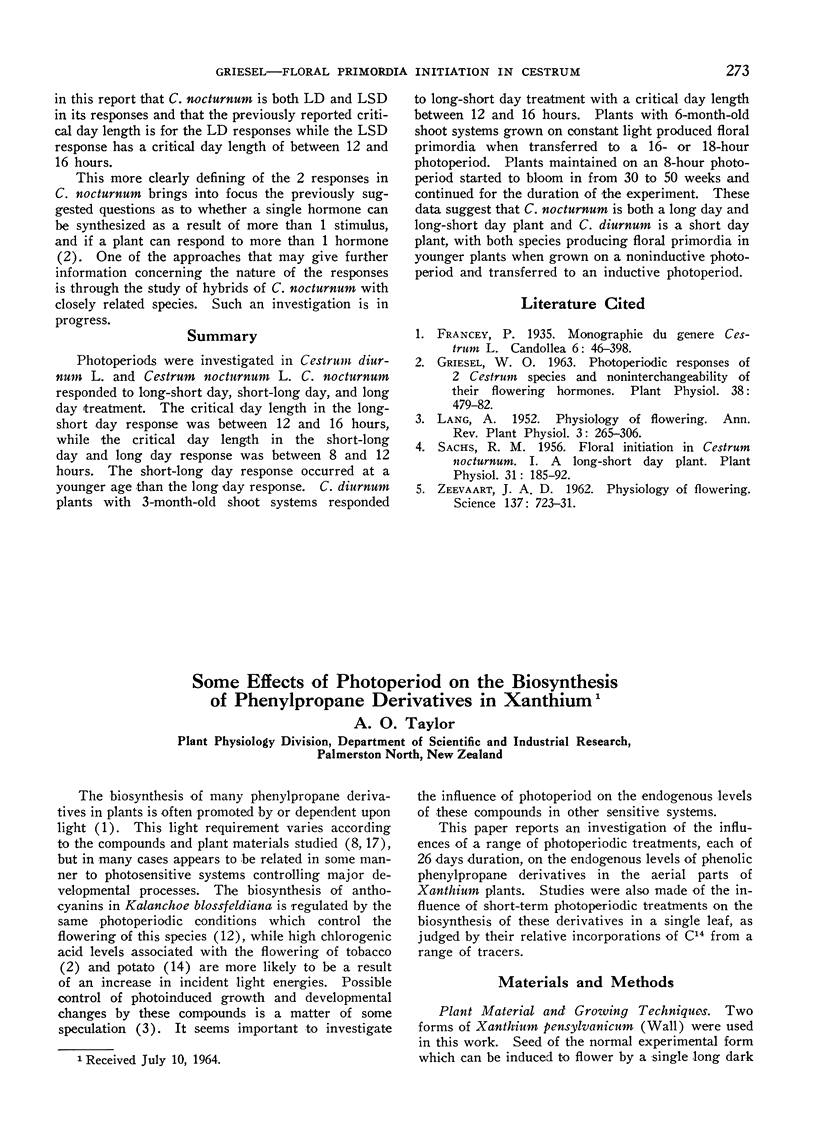
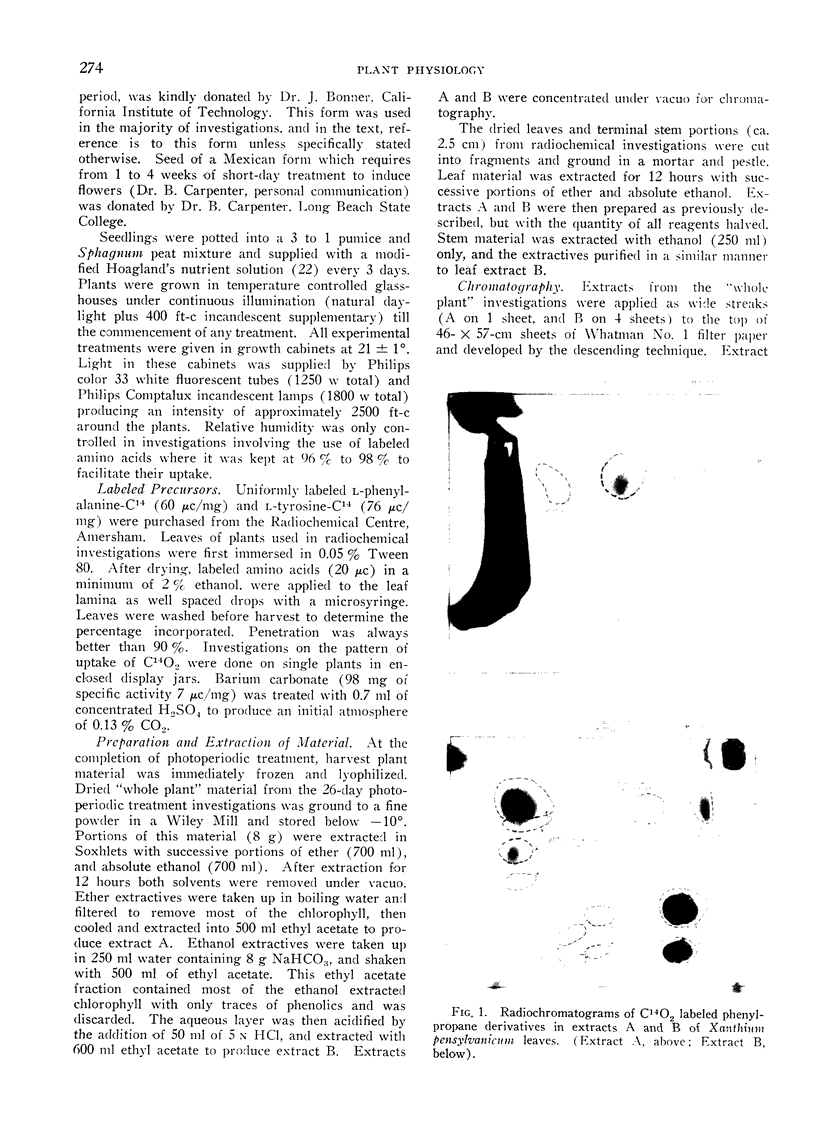
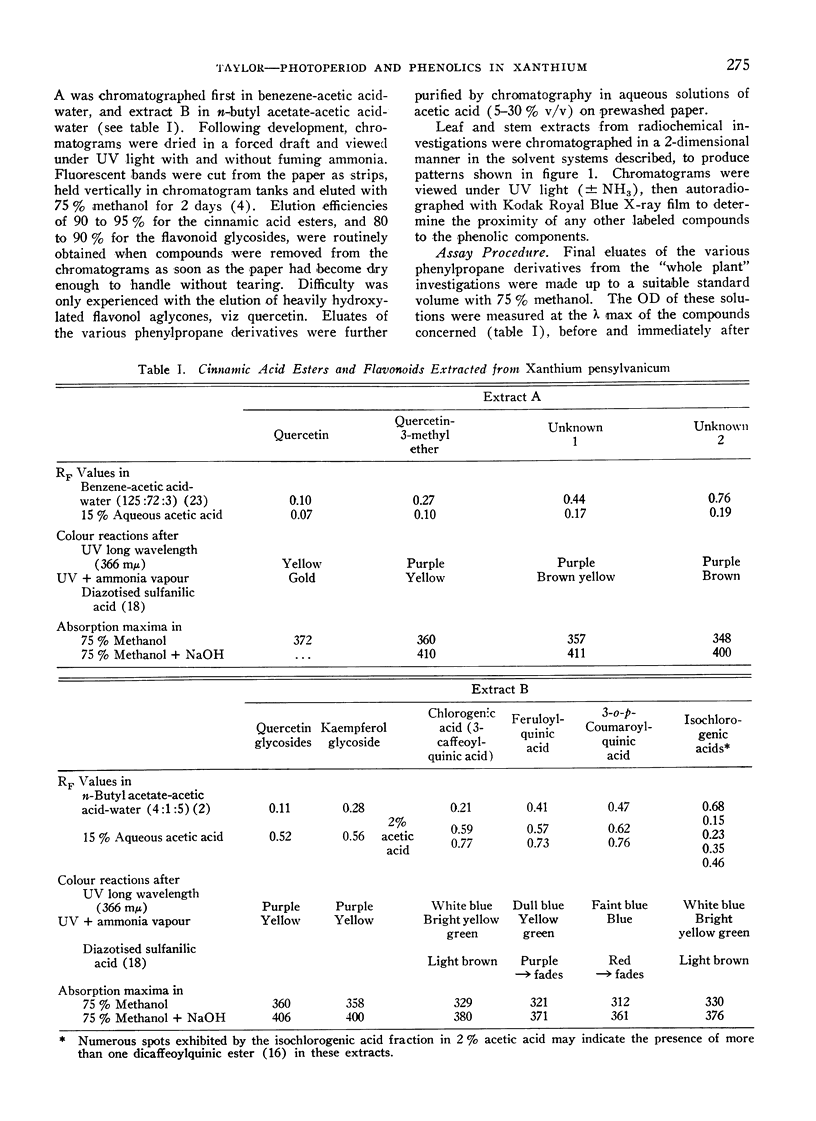
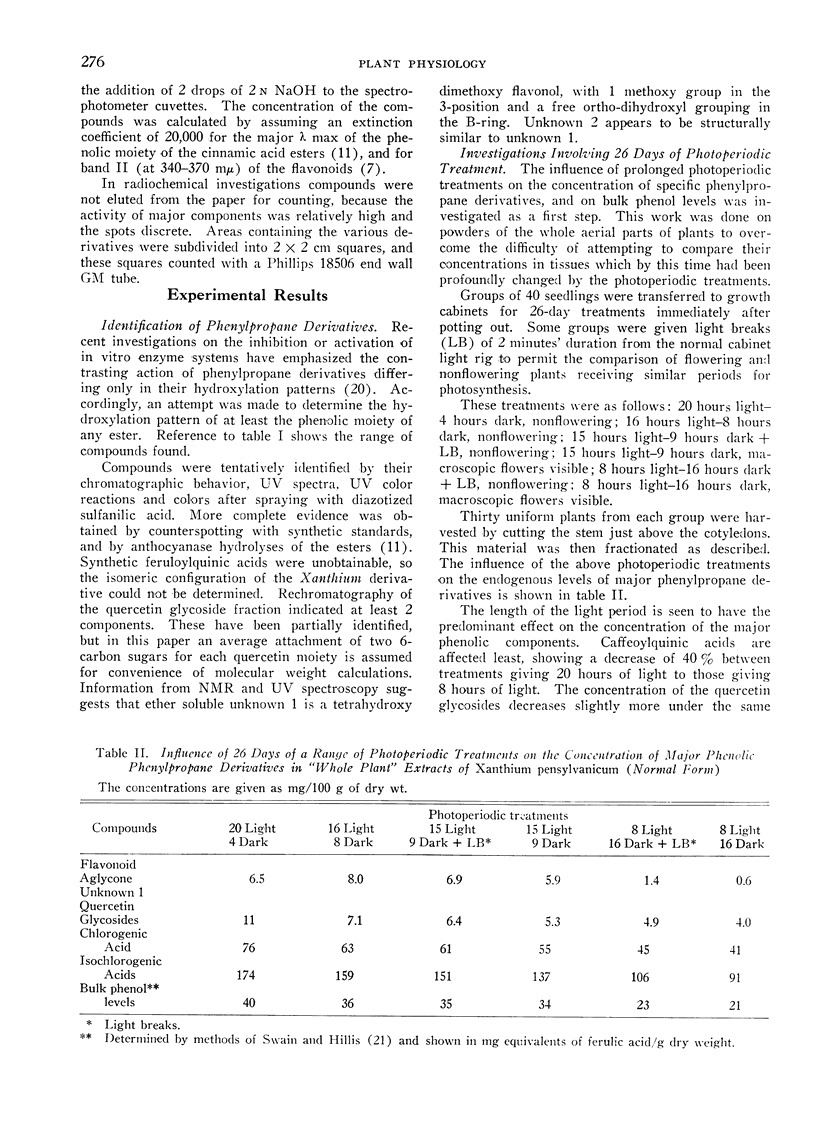
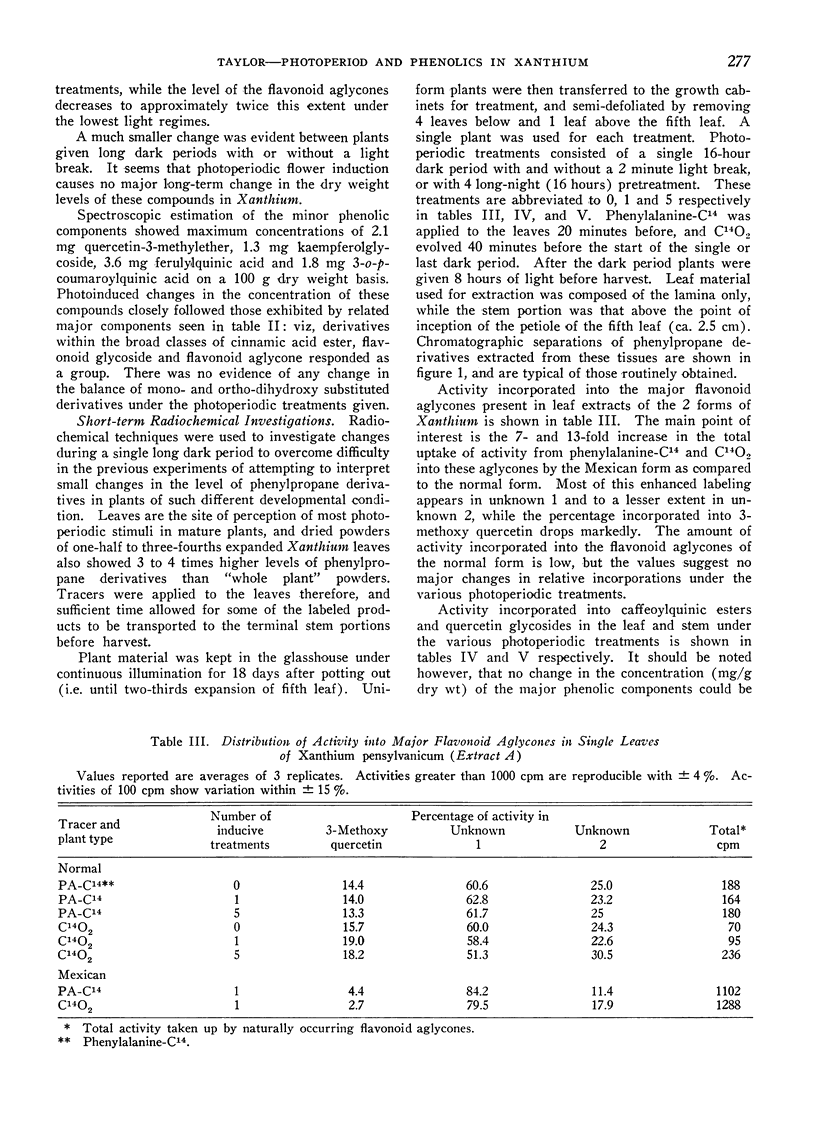
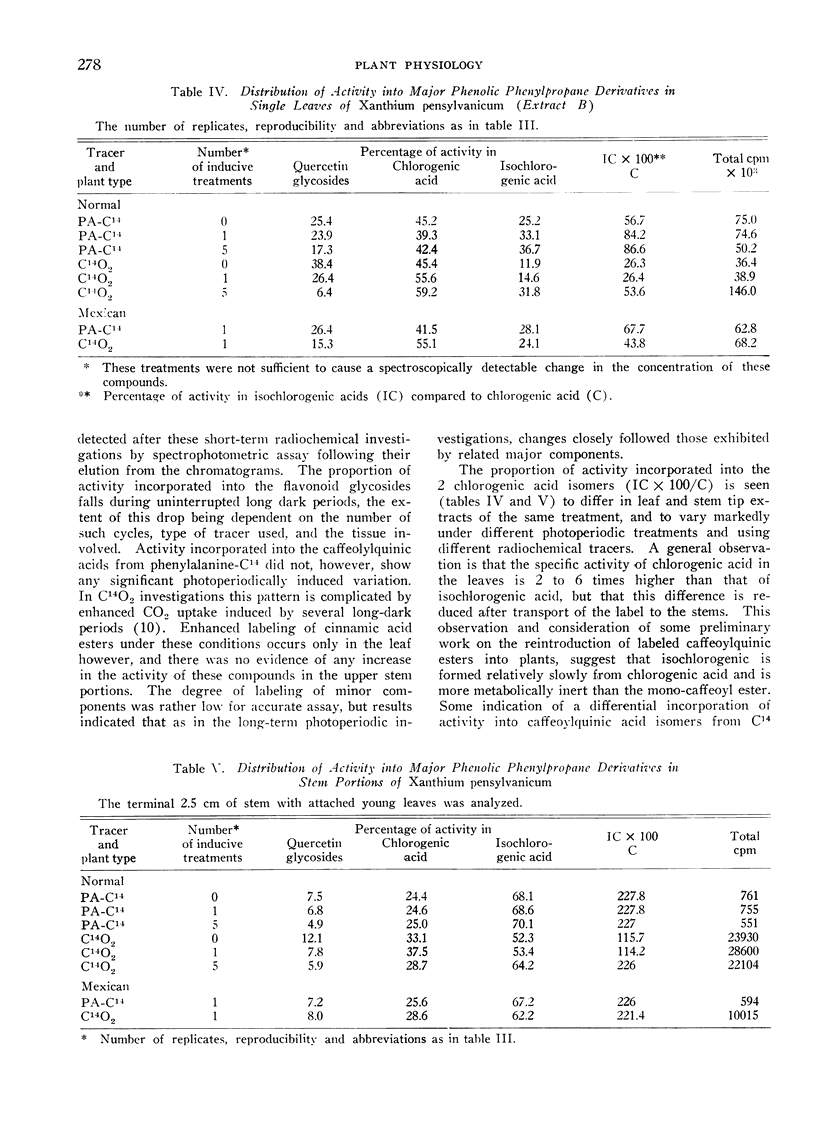
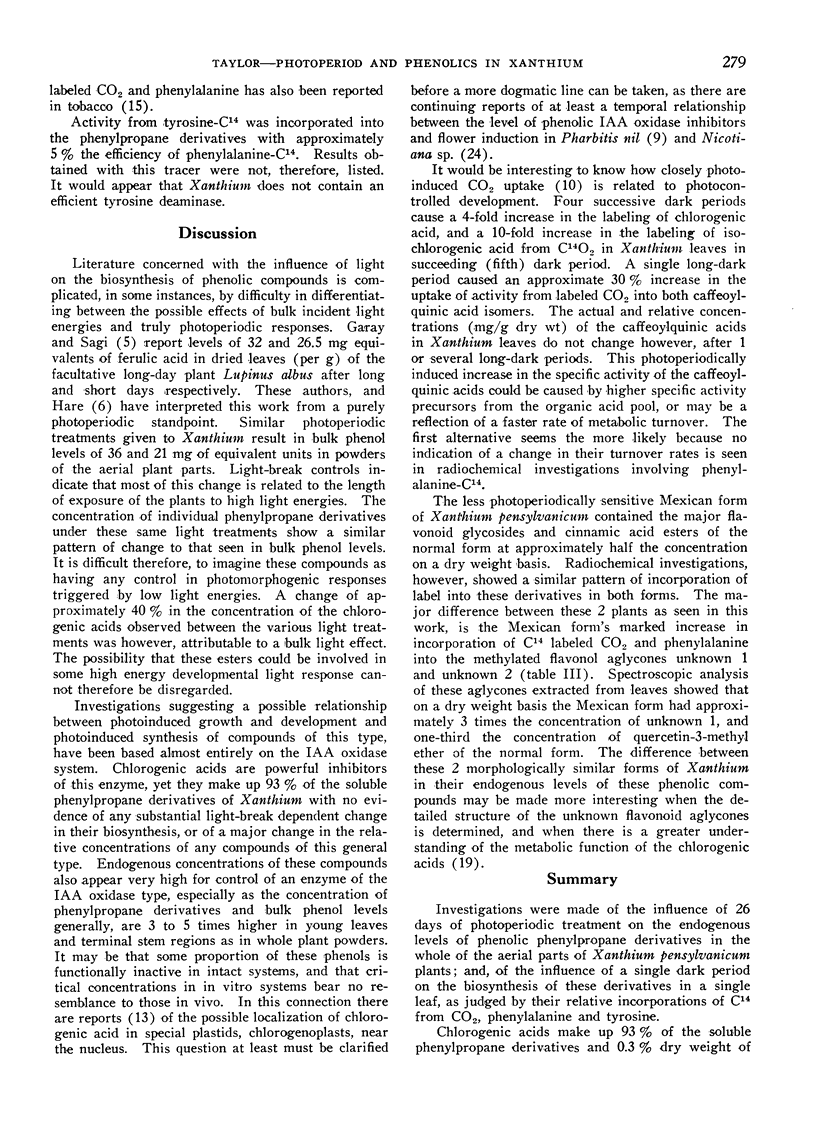
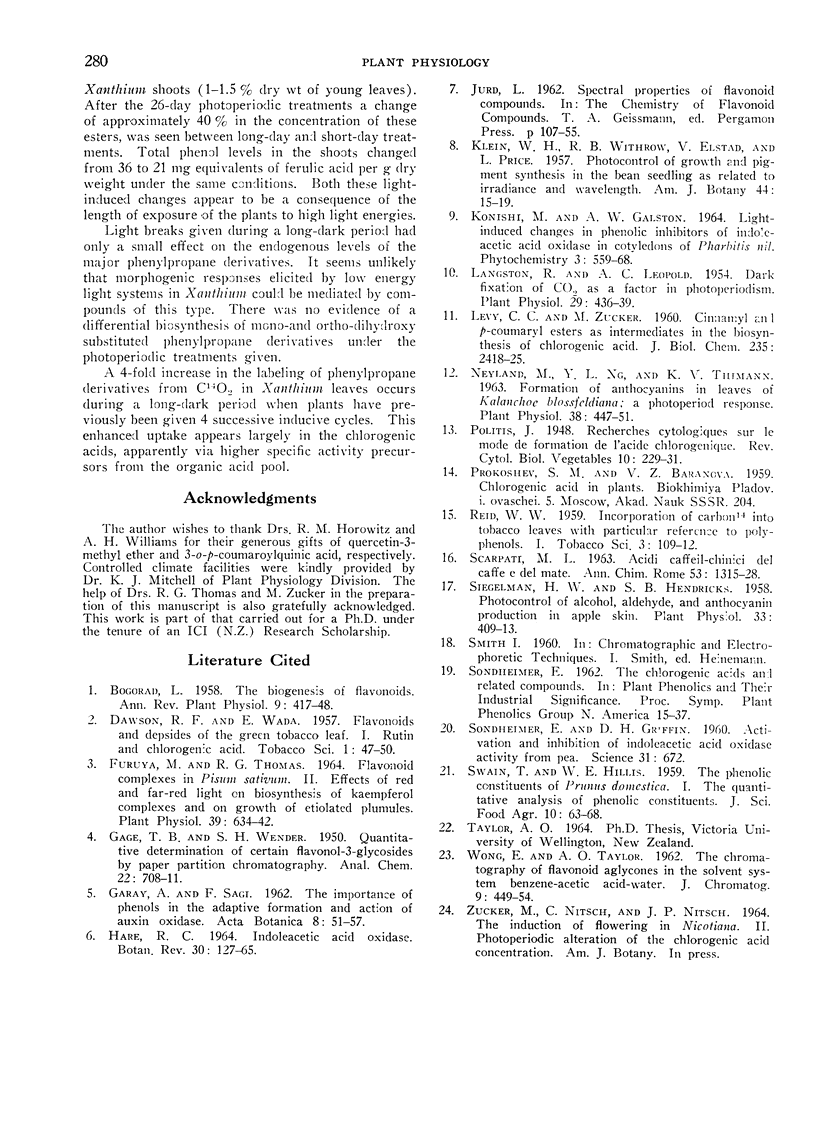
Images in this article
Selected References
These references are in PubMed. This may not be the complete list of references from this article.
- Furuya M., Thomas R. G. Flavonoid Complexes in Pisum sativum. II. Effects of Red and Far-Red Light on Biosynthesis of Kaempferol Complexes and on Growth in Etiolated Plumules. Plant Physiol. 1964 Jul;39(4):634–642. doi: 10.1104/pp.39.4.634. [DOI] [PMC free article] [PubMed] [Google Scholar]
- LEVY C. C., ZUCKER M. Cinnamyl and p-coumaryl esters as intermediates in the biosynthesis of chlorogenic acid. J Biol Chem. 1960 Aug;235:2418–2425. [PubMed] [Google Scholar]
- Langston R., Leopold A. C. The Dark Fixation of Carbon Dioxide as a Factor in Photoperiodism. Plant Physiol. 1954 Sep;29(5):436–440. doi: 10.1104/pp.29.5.436. [DOI] [PMC free article] [PubMed] [Google Scholar]
- Neyland M., Ng Y. L., Thimann K. V. Formation of Anthocyanin in Leaves of Kalanchoe blossfeldiana-a Photoperiodic Response. Plant Physiol. 1963 Jul;38(4):447–451. doi: 10.1104/pp.38.4.447. [DOI] [PMC free article] [PubMed] [Google Scholar]
- Siegelman H. W., Hendricks S. B. Photocontrol of Alcohol, Aldehyde, and Anthocyanin Production in Apple Skin. Plant Physiol. 1958 Nov;33(6):409–413. doi: 10.1104/pp.33.6.409. [DOI] [PMC free article] [PubMed] [Google Scholar]



